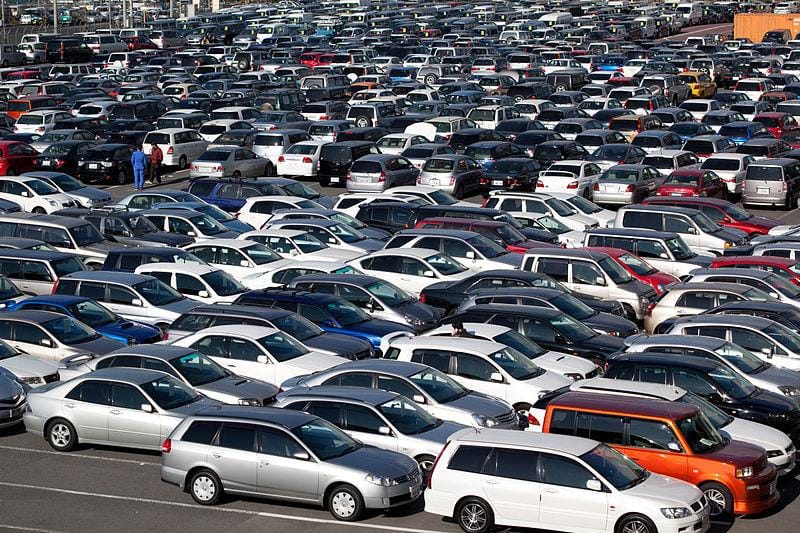Vehicle imports decline by 47%
The number of vehicles registered with the Directorate of Road Traffic and Safety Services has dropped by 47 percent over the past year, a development experts say could stunt the transport and logistics sector.
Figures from the Ministry of Transport and Public Works contained in the Malawi Government Annual Economic Report 2024 show that the number of vehicles registered in the country has dropped from 32 275 in 2022 to 17 078 at the end of 2023.

Over the past four years, data shows that the number of new vehicle registrations has dropped by 66.4 percent from 50 964 to 17 078.
According a report released by the Ministry of Finance and Economic Affairs as part of budget documents, the drop in vehicles registered, among other factors, made Road Traffic to miss its revenue collection target in the past year.
The report shows that the directorate collected K6.41 billion in the 2023/24 financial year, representing 57.19 percent of the targeted K11.2 billion.
This is also a 33.9 percent drop from the K9.7 billion recorded in the 2022/23 financial year.
Reads the report in part: “The poor revenue performance of the directorate in the 2023/24 financial year can to a great extent be attributed to the current economic status of the country.
“The war in Ukraine, the prolonged shortages of forex as well as the devaluation of the kwacha affected the demand for DRTSS services as new vehicle registrations have declined by 47 percent compared to 2022.”
Commenting on the report, Road Transport Operators Association (RTOA) president Bisani Banda said the persistent foreign exchange scarcity and the kwacha devaluation have limited the capacity of importers to bring in new vehicles and register them into the system.
He said: “Even for those with the funds, there are challenges accessing forex from the banks.
“For the big players in the transport sector, we need about $15 000 [about K25 million] to import a truck. A person can wait for weeks or months to access that kind of funding at local commercial banks.”
In a separate interview, RTOA executive director Chrissie Flao said the reduced imports and registration of vehicles will limit local transporter’s capacity to develop new fleets or revamp existing ones.
“The impact is bad in the long run because Malawi, as a country, will not have a capacity in terms of its own fleet and this will give more room to the foreigners,” she said.
In a separate interview, economic analyst and researcher Exley Silumbu said it is not easy to draw concrete conclusions from just one year, but stressed that the development will create losses and gains to the economy.
“This means that there has been reduced business from these sectors. This means lower revenue for them and the other sectors they support,” she said.
In the Memorandum of Fiscal and Economic Policies the Malawi Government signed with the International Monetary Fund in November last year, the fund proposed raising taxes on imported vehicles to contain the country’s growing demand for fuel and reduce pressure on the balance of payments.





